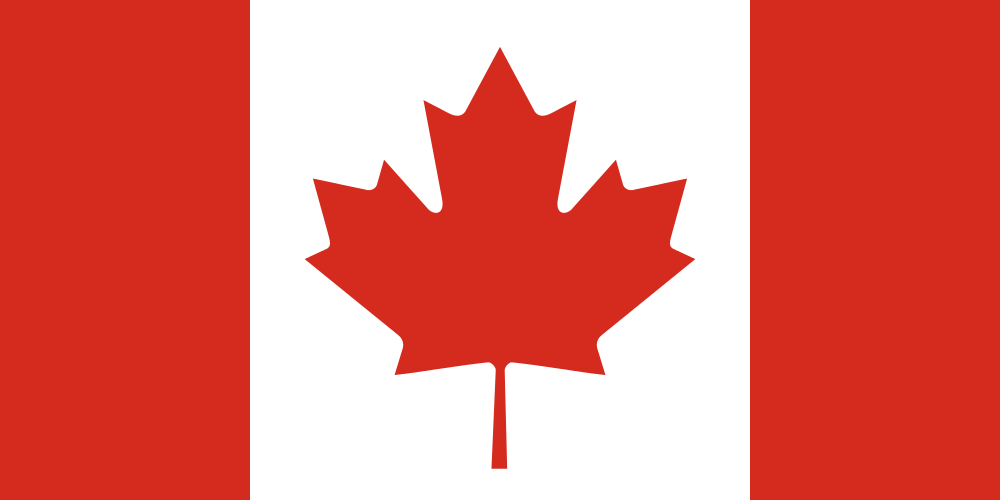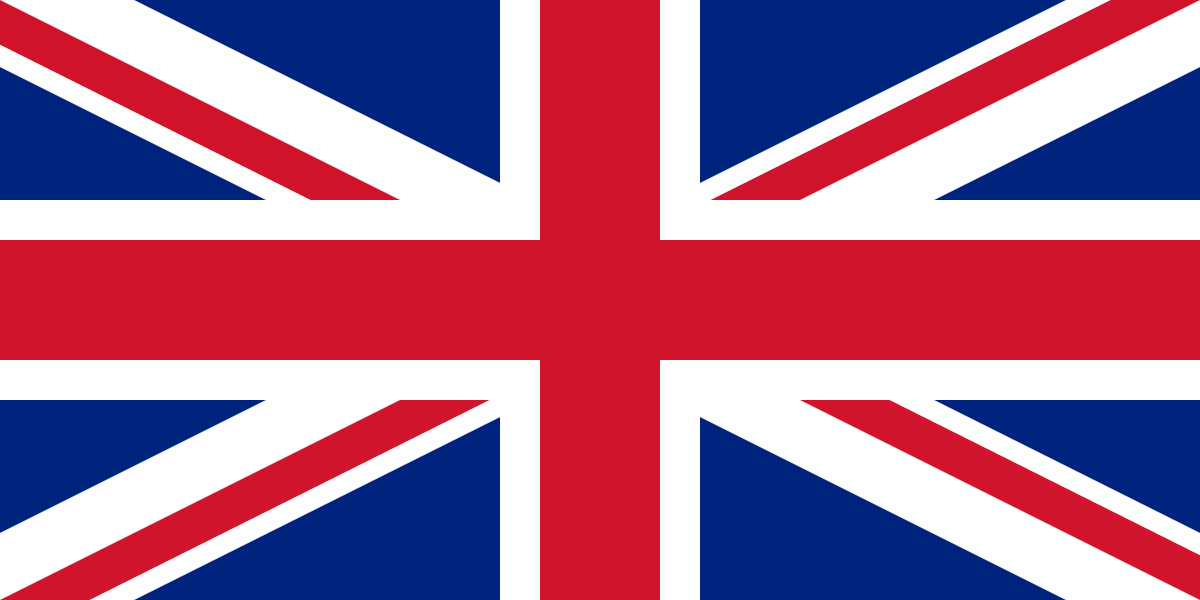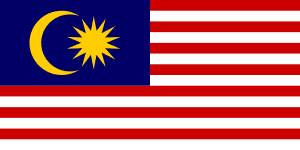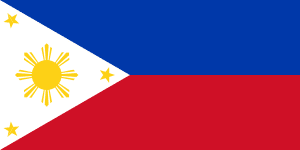- Industry
- Region
- Country / Region
On September 10, 2025, Innovation, Science and Economic Development Canada (ISED) issued a circular numbered 2025-DRS0006 to solicit public comments on the adoption of ETSI EN 301 893 V2.2.1. According to RSS-247, Digital Transmission Systems, Frequency Hopping Systems, and License-Free LAN Devices in the 902-928 MHz, 2400-2483.5 MHz, 5150-5350 MHz, and 5470-5895 MHz bands, ETSI EN 301 893 is currently accepted for dynamic frequency selection (DFS) testing as an alternative to KDB 905462 and ETSI EN 301 893 is the only acceptable methodin the 5600-5650 MHz band.
ISED proposes a six-month transition period during which ETSI EN 301 893 V1.8.1 (2015-03) or ETSI EN 301 893 V2.2.1 (2024-11) can be used to demonstrate compliance with ISED's Dynamic Frequency Selection (DFS) requirements. After the transition period, the new certification should use ETSI EN 301 893 V2.2.1 (2024-11).
Click this link to view the original public consultation, which is open for comments until November 19, 2025.
On September 9, 2025, the UK Communications Authority (Ofcom) conducted a public consultation. Ofcom will move forward with plans to make the UK the first country in Europe to allow smartphones to connect to satellites using mobile frequency bands. Ofcom has decided to authorize these services by making changes to existing licenses of mobile network operators (MNOs), in addition to creating a new exemption regulation that will legalize the use of standard smartphones by ordinary users to connect to satellites in mobile bands.
Click this link to view the original public consultation, which is open for comments until October 10, 2025.
On September 8, 2025, the Federal Communications Commission (FCC) issued a notice announcing that it would revoke the accreditation of seven testing laboratories in China, and four Chinese laboratories voluntarily gave up their qualifications or their applications for renewal were rejected. Relevant institutions include: China Academy of Information and Communications Technology, Chongqing Institute of Information and Communications Technology, CVC Testing Technology Co., Ltd. and its Shenzhen branch, TUV Rheinland/CCIC (Ningbo) Co., Ltd., UL-CCIC Company Limited, CESI (Guangzhou) Standards, Shanghai Institute of Measurement and Testing, CQC Internet of Vehicles Technical Service Co.,Ltd and CCIC Southern Testing Co., Ltd. On September 26, 2025, the FCC issued a second relevant notice, announcing that it had rejected the renewal qualification applications of the The State Radio_monitoring_center Testing Center, Industrial Internet Innovation Center (Shanghai) Co., Ltd., and New H3C Technology Co., Ltd., as well as the new qualification application of CSA-CCIC International Certification Co., Ltd.
Click this link to view the FCC's September 8, 2025 news bulletin. Click this linkto view the FCC's September 26, 2025 press release.
On 4 September 2025, the Malaysian Communications and Multimedia Commission (MCMC) issued a notice on its official website under the number SQASI/CMCS/1/25/0005, stating that a new version of the technical specification MCMC MTSFB TC T012:2025 (Second Edition of the Land Mobile Radio Equipment - Specification) was officially approved and published on 26 June 2025. The standard mainly revises the frequency range (updated to 400-450 MHz) for UHF LMR devices (i.e., conventional walkie-talkies) and the channel spacing allocation for UHF and VHF.
Important time nodes and transition period arrangements related to certification (transition period until December 26, 2025):
- During the transition period (June 26 - December 26, 2025): Equipment that meets the old standards can still be certified, but the certificate is only valid for a maximum of 1 year. Certificates according to the old standard can be renewed, but the validity period is also limited to 1 year;
- After the transition period (from December 27, 2025): All new applications must fully comply with the new criteria. Existing certificates are valid until they expire, but they must meet the new standards when they expire;
- Specific certification requirements (for frequency and channel spacing):
- Case 1, the test report meets the requirements of MCMC, but the frequency band range of the product specification is wider: a configuration statement must be submitted to ensure that the default settings comply with MCMC regulations and cannot be modified by the user, and all documents must accurately reflect this information;
- Case 2: Product specifications and test reports exceed or do not meet MCMC requirements: Default settings must be demonstrated to be compliant and unchangeable through validation tests or on-site demonstrations, and all documents must accurately reflect this information.
- New mandatory interoperability requirements: All LMR devices must meet interoperability (interoperability) requirements and require connectivity test demonstrations. If the device supports both LMR and cellular networks (e.g., 4G/5G), it must demonstrate interoperability on LMR and cellular networks separately.
Click this link to view the original MCMC SQASI/CMCS/1/25/0005 notice.
On September 4, 2025, the U.S. Federal Communications Commission (FCC) issued the Small Entity Compliance Guidelines, numbered DA 25-803. This guidance is intended to help small businesses, small nonprofits, and small government jurisdictions comply with the rules adopted in FCC 25-27 and ET Document No. 24-136. The guidance reiterates the requirements of FCC 25-27 and does not have new regulatory requirements.
Click this link to view the original DA 25-803 guidance.
On 3 September 2025, the Malaysian Communications and Multimedia Commission (MCMC) published a circular on its official website under the number SQASI/CMCS/1/25/0004. The circular allows the certification of communication equipment operating in IMT band 31 (450 MHz), band 39 (1900 MHz) and band 79 (4700 MHz), and the standards to be followed in the relevant frequency bands are as follows:
- LTE B31: SRSP MS 450 and MCMC MTSFB TC T015:2022;
- LTE B39: SRSP MS 1900 and MCMC MTSFB TC T015:2022;
- NR n79: SRSP MS 4700 and MCMC MTSFB TC T016:2021.
Click this link to view the original MCMC SQASI/CMCS/1/25/0004 circular.
Following the announcement of India's National Communications Security Centre (NCCS) on August 7, 2025, extending the period of Voluntary Security Certification (VSC) for Optical Network Terminals (ONTs) and Optical Line Terminals (OLTs) to September 1, 2025, the NCCS issued another notice on August 29, 2025, extending the period to December 31, 2025. As of January 1, 2026, these products will be mandatory for ITSAR compliance under the ComSec scheme.
Click on this link to view the original NCCS announcement dated August 29, 2025.
On August 28, 2025, the National Telecommunications Commission (NTC) of the Philippines issued a memorandum circular numbered 003-09-2025 to retire 3G and 2G services in the Philippines.
The circular requires all public telecommunications entities (PTEs) providing 3G services to ensure that 3G services are phased out nationwide by December 31, 2026. All PTEs should submit a Technology Transition Plan within 60 days of the effective date of the Circular. The plan should include a timeline for the 3G phase-out plan, a disposal plan for retired 3G equipment, information on public awareness campaigns, and details of transition support for affected consumers. The circular makes it clear that the NTC will subsequently issue guidelines on not accepting applications for type approval and type acceptance certificates. This notice shall take effect fifteen days after its publication in a newspaper with a large circulation nationwide.
Click on this link to view the original text of NTC No.003-09-2025.
On August 28, 2025, the Parliament of Moldova officially adopted amendments to Law No. 235/2011 on certification and conformity assessment activities. From February 28, 2026, products can be imported and sold in the Republic of Moldova with the CE conformity mark and the accompanying EU declaration of conformity. In view of the above information and the amended provisions of Law No. 235/2011, the certification body has initiated a restructuring process and temporarily suspended its certification activities and certification work. Certification activities will resume after alignment with the new legal provisions.
Click on this link to see the amendments to Law 235/2011.
On August 27, 2025, Innovation, Science and Economic Development Canada (ISED) launched a public consultation on the RSS-252 Issue 3 "Intelligent Transportation Systems (ITS) On-Board Units (OBUs) in the 5895 - 5925 MHz Frequency Band" standard. This radio standard defines certification requirements for license-free cellular vehicle-to-everything (C-V2X) devices operating in the 5895-5925 MHz band.
Click on this link to view the original text of the public consultation, the consultation period is open until November 10, 2025.





